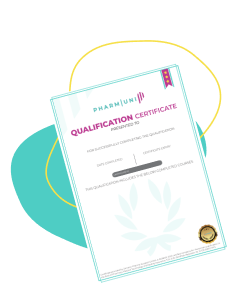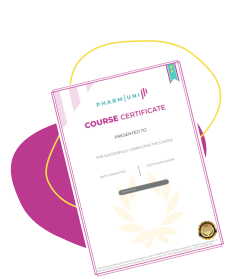Have you ever heard about soft skills and hard skills? Do you know what their main differences are? Soft skills are personality traits, social competencies and skills, knowledge, and abilities used to perform interpersonal activities and unique tasks. Sometimes they are also called human skills.

Figure 1. Hard Skills vs. Soft Skills 2
It is essential to present these characteristics in our CV as we try to cover as many of them as possible. Although individuals keep their eyes wide open to the job market requirements and their skills, undoubtedly, they will apply the acquired knowledge in their daily life. Learning and education affect all aspects of personal and societal life so that we would be happier and empowered in the end.
The article on the history of e-learning showed that the need for learning was always constant throughout history, though the demand and its requirements changed according to the socio-technical characteristics and developments.
How does online learning save you resources?
Living in the digital era makes it easy for us to begin or accelerate our continuous personal improvement journey using online learning and training. The benefits of online learning are discussable from two perspectives. While the focus of this article is on personal benefits, the upcoming article explains its importance for corporates and organizations.
There are some resources that each of us is very careful with and do not want to waste under any circumstances. These include our health, time, money, trust, happiness, etc. Each decision that we make requires allocating our resources. Attending training is a fine example of when we want to upskill or reskill ourselves to be fit for better positions. We must spend many of our resources to accomplish it.
POV: You take part in a further training on site
Let’s now think of an almost real scenario and analyze how we engage our resources. You are trying hard to find a job. You notice that you boost your chances by achieving a specific certificate on a particular topic. So, you begin your search. Consider there is no online learning possibility, or you prefer to present at the class. You find many training classes. First of all, you get confused about selecting which one. You know no person that previously attended each of them, therefore you cannot receive reliable firsthand feedback on each class. After tremendous searching, you become aware that the best and most accredited training takes place on the other side of the town. In addition to commuting expenses, you have to spend around extra 1-2 hours to travel between your home and class. Besides, there is no refund or installment policy available for it. As a result, you need to pay the whole amount of money before attending it. Despite all the searches you have done to find the best training, after the first sessions, you started doubting your choice and finally, you find out that the class is not of your type. You find yourself stuck in a dilemma. You paid already for the whole course though if you continue your participation, you’re wasting your time (you know that the learning is not for you), otherwise, you have wasted your money if dropped out of it. It is a lose-lose game. Worse than it, your trust and happiness are endangered. You will be afraid the next time you want to enroll in training resultantly.
POV: Your job skills are in-between?
Another possible scenario is that you already have some knowledge that makes you fit for neither the lower level nor higher level of that specific class. There is no flexible option provided for you. You are free to register for the lower level and waste some time attending the sessions that you have already obtained the knowledge, or you can participate in the higher level and struggle to cover your knowledge deficiencies. Did this imaginary story trigger your emotions and remind you of your confusion?
Have you ever challenged yourself by thinking about how to avoid these issues? No need for that. We have already thought of it and here is the answer: Online learning platforms.
Let’s playback the story and take a strategic decision that will change the scenario. You decide to trust digital technology and enroll in an online learning platform. You can easily surf the web looking for various topics, diverse methods, and learning platforms. Then you go through the comments or other rating platforms to discover if that platform and that specific topic fits you and satisfies your expectations. After comprehensive and anonymous market research, you can select the best one and enroll in it without hesitation then start the course immediately while still keeping your pajamas on. In some cases, you have the option to begin the course even freely for a short period to assure yourself that you have chosen the best one. Moreover, you are not limited to geography, borderlines, and time zone differences, it is easy as a pie to reskill or upskill yourself from thousands of kilometers away.
Energy for the learning content, not for the fuss around it
These days online learning platforms play a strong role in upskilling and reskilling hard skills. This example shows how we can allocate our resources efficiently while even improving the quality. Online learning platforms save us time and money. It avoids unnecessary tiredness and gives us the flexibility to choose the best fit for learning content from all around the world and amongst various types of content provision.

